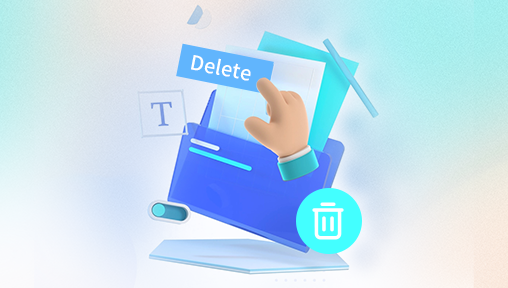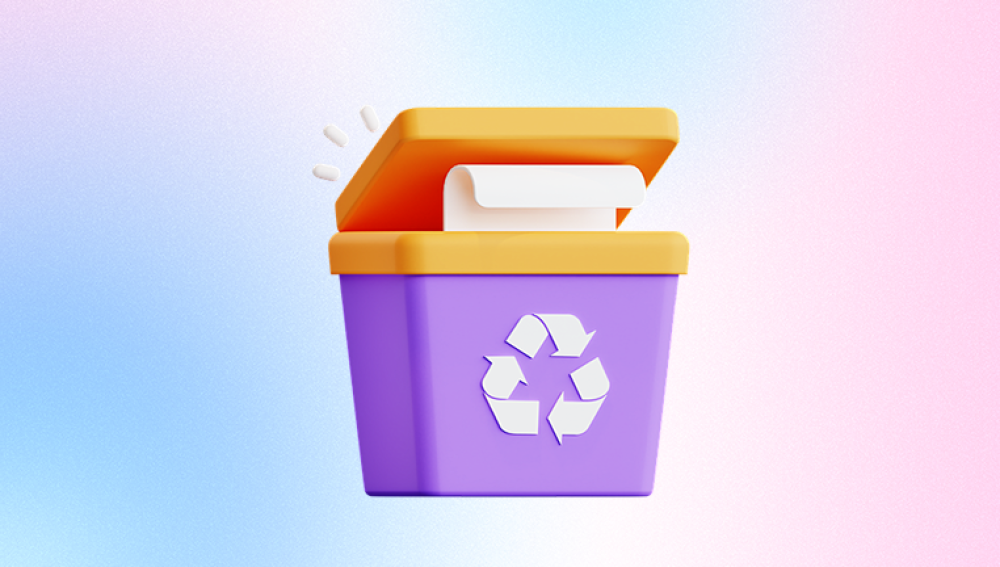Local data refers to any information stored directly on a device's internal or external storage. This includes files, applications, settings, and user-generated content such as photos, videos, documents, and app data. Unlike data stored on remote servers (cloud data), local data is physically present on the device and is accessible without an internet connection.
Types of Local Data
System Files: Essential files required for the operating system to function.
User Files: Documents, media files, and other personal content created or downloaded by the user.
Application Data: Data generated by apps, including settings, preferences, and user progress.
Cached Data: Temporary files stored by apps and the operating system to speed up processes.
Scenarios Where Local Data is Deleted
Factory Reset
Performing a factory reset restores a device to its original state by erasing all user data and settings. This is often done to fix persistent issues, prepare a device for sale, or start fresh. During a factory reset, all local data is deleted, including:

User accounts
Installed apps and their data
Media files (photos, videos, music)
Personal settings and preferences
Uninstalling Applications
When an app is uninstalled, its associated local data is typically removed from the device. This includes user settings, cached files, and any content created or saved within the app. However, some apps may leave residual files behind, requiring manual deletion.
Changing Account Settings
Certain changes to account settings can lead to the deletion of local data. For example, removing a Google account from an Android device will delete associated data, such as emails, contacts, and calendar events, from the device. However, this data often remains accessible through the account on other devices or via web access.
Storage Management
Devices offer options to free up storage space by deleting unnecessary local data. This can include clearing cached files, removing unused apps, and deleting duplicate or outdated files. While this process helps optimize device performance, it also results in the loss of local data.
Consequences of Deleting Local Data
Data Loss
The most immediate consequence of deleting local data is the loss of information. Important files, app data, and personalized settings may be irretrievably lost if not backed up properly. This can lead to significant inconvenience and potential disruptions in productivity.
Reconfiguration and Reinstallation
After local data is deleted, users often need to reconfigure their devices and reinstall necessary applications. This can be time-consuming, especially if a large amount of data needs to be restored or if users need to remember their previous settings and preferences.
Security and Privacy
Deleting local data can enhance security and privacy, especially when preparing a device for sale or transfer. Erasing personal information and sensitive data helps prevent unauthorized access and potential misuse by new owners.
Mitigating Data Loss
Backing Up Data
Regularly backing up local data is the most effective way to prevent data loss. Backups can be performed using various methods:
Cloud Services: Services like Google Drive, iCloud, and OneDrive offer automatic backups for files, photos, and app data.
External Storage: Physical storage devices, such as external hard drives or USB flash drives, provide offline backup options.
Backup Software: Specialized software can create comprehensive backups of a device's data, including system settings and application data.
Data Recovery Solutions
In cases where local data is deleted accidentally, data recovery solutions may help retrieve lost information. These solutions include:
Data Recovery Software: Tools designed to scan storage devices for recoverable data. Popular options include Recuva, EaseUS Data Recovery Wizard, and Disk Drill.
Professional Data Recovery Services: Experts who can recover data from damaged or corrupted devices, often using advanced techniques. This option can be costly but is effective for critical data loss scenarios.
Preventive Measures
Taking preventive measures can minimize the risk of unintended data deletion:
Regular Backups: Schedule regular backups to ensure recent data is always saved.
Data Synchronization: Use synchronization features to keep data updated across multiple devices.
Cautious Deletion: Double-check before deleting files or performing actions that may result in data loss.
Utilize Cloud Storage: Store important files in the cloud for easy access and recovery.
"Local data will be deleted" is a phrase that signals the removal of information stored directly on a device. Understanding the contexts in which this occurs, such as factory resets, app uninstalls, and account changes, helps users anticipate the consequences and take steps to protect their data. Regular backups, data recovery solutions, and preventive measures are essential strategies to mitigate the risks associated with deleting local data. By being proactive and informed, users can safeguard their important information and maintain a seamless digital experience.




